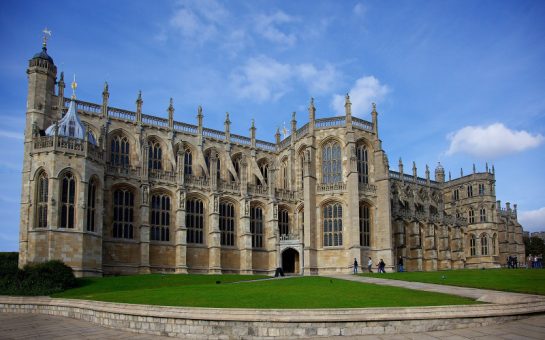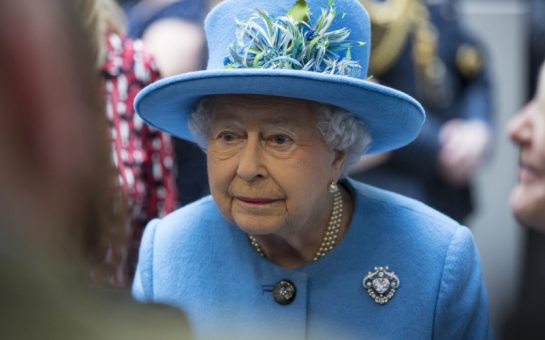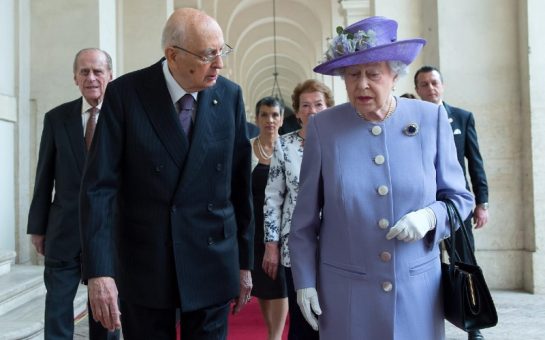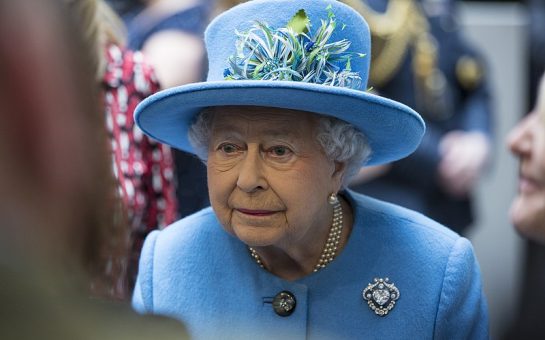Throughout his public life as consort, Prince Philip, The Duke of Edinburgh had a modernising influence on the Royal Family.
In the months leading up to the 1953 coronation of Queen Elizabeth II, Prince Philip took on the role of chairman of the coronation commission.
The duke advocated for the idea that it should be broadcast on television, an idea that many members of the establishment found shocking, including Prime Minister Winston Churchill.
Churchill said: “It would be unfitting that the whole ceremony, not only in its secular but also in its religious and spiritual aspects, should be presented as if it were a theatrical performance.”
The Prime Minister was horrified at the idea of having cameras inside Westminster Abbey.
Amid controversy, Queen Elizabeth II warmed to the idea that the coronation be filmed, with more than 270 million people watching it worldwide.
In the lead up to the coronation, the duke also became the first Royal to fly by helicopter while visiting troops who would partake in the ceremony.
Prince Philip continued a steady path of modernising through the twentieth century, inviting the media to produce the documentary film The Royal Family in 1969.
The Duke of Edinburgh chaired an advisory committee to oversee the first publicised insight into the family’s day-to-day life.
The film saw collaboration between the BBC and ITV, setting new viewing records around the world with 350 million viewers.
Controversial within the family, the Queen banned the film from republication in 1977, after her Silver Jubilee celebrations.
From the 1990s, only researchers could view the full film privately, with expressed permission from Buckingham Palace, and for a fee of £35.
The prince, who died on Friday 9 April, will leave a legacy as the longest-serving consort in British history, as an innovating force within the family and as the founder of the Duke of Edinburgh award.




